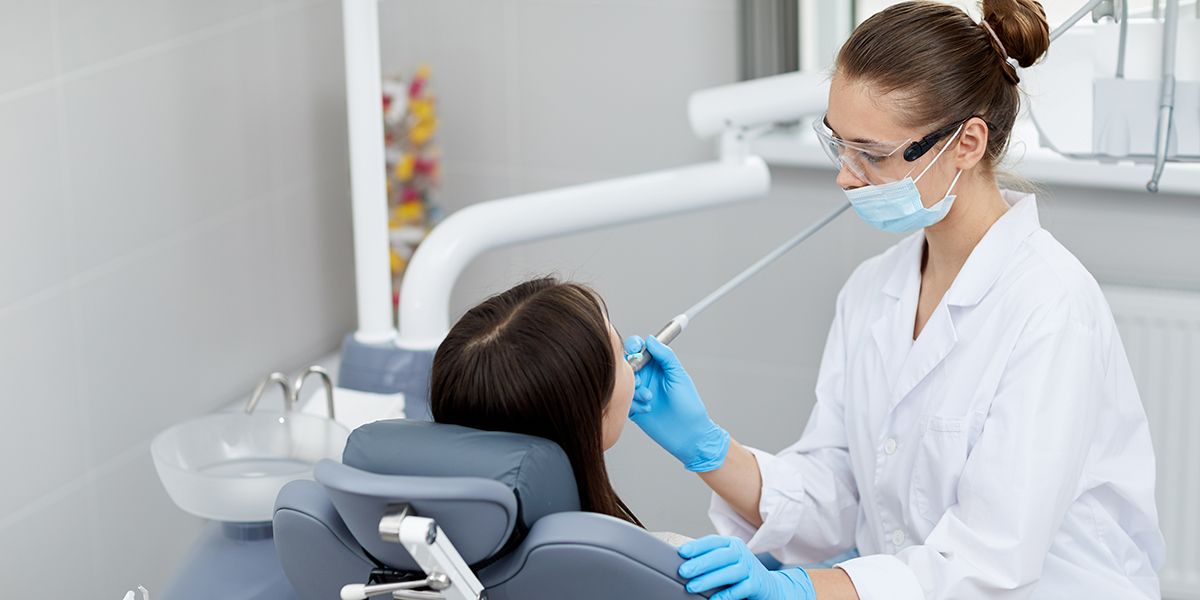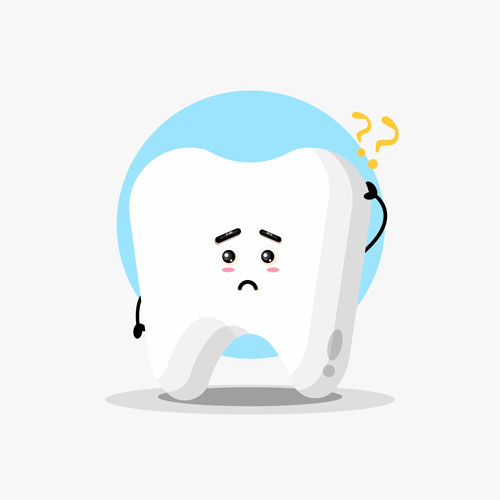How Long Do Dentist Appointments Take: Factors to Consider
How long do dentist appointments take? Although the exact time depends on the dental procedure occurring, you can expect an average appointment to take somewhere around 52 minutes. For a general checkup and deep cleaning of teeth, 30 to 45 minutes is common.
Time is a concern for patients at the offices of Dr. Dalesandro & Associates. We understand your time is valuable. We’ll discuss some of the factors that affect your dental appointment time, helping you make an accurate estimate. Understand that our staff will do everything we can to provide a streamlined experience for you, all while keeping you comfortable.
General Dental Checkup
How long is a dentist appointment? A comprehensive dental exam during routine visits requires 30 to 45 minutes. You spend much of this time with the dental hygienist for the teeth cleaning process.
If you are experiencing particular problems with your oral health, the appointment time may be longer. If you need oral X-rays to look for dental issues, this could lengthen the appointment by a few minutes, too.
The general checkup typically includes:
- A discussion of any oral health issues you’re noticing
- A visual exam of your wisdom teeth and other teeth
- X-rays (typically once per year)
- A routine cleaning process for removing plaque and tartar
- Additional brushing and rinsing as necessary for teeth and gums
- Flossing the teeth to remove any remaining particles at the gum line
- A fluoride treatment, which can include a foamy gel or a substance painted on the teeth
Finally, the dentist performs a thorough exam to address any areas of concern you have or areas the dental hygienist covers with you. As part of this thorough examination, the dentist may perform oral cancer screening and other screenings that weren’t part of the routine a few decades ago. However, they’re an important part of a modern general dental checkup that adds a few minutes to the exam time.
Cavity Fillings
If you need the dentist to fill a cavity for you, expect the process to take anywhere from about 20 minutes to an hour or more. The time required for this appointment depends in large part on the severity of the problem and on the number of cavities you need filled.
If you have deep cavities where the tooth decay is severe, the process takes longer as the dentist tries to protect the healthy part of the tooth. If you have multiple cavities, the dentist may need to apply multiple shots of numbing medication or local anesthetic. It could take longer for the medication to take effect in a situation like this.
If the cavities are in the back of your mouth where it’s difficult for the dentists to work, the process of filling cavities can take longer than normal.
Even though it can take longer to fill multiple cavities in one appointment, some patients prefer this option. The overall time required for the procedure in one appointment should be significantly less than multiple appointments to fill a single cavity each time.
How long do dentist appointments take to fill severe cavity problems? The oral hygienist can give you an estimate, taking the number of cavities you have and the depth of damage to the teeth into account.
Restorative Dentistry and Oral Surgery
If you are visiting your dental office for complex procedures, you can expect a single visit to take anywhere from 30 minutes to a couple of hours, including treatment planning for certain procedures.
Some of these types of restorative procedures require more than one visit to the dentist’s office for follow-up care. Your dentist may need to take measurements for partial dentures or implants during one visit before installing them in subsequent visits.
For example, if you need a root canal, it can take 30 to 90 minutes, depending on the severity of the problem and how many rest breaks you need. Your treatment plan might require a second appointment after the root canal for the dentist to install a crown, which could take another 60 to 90 minutes.
Some of the most common types of restorative dental procedures and oral surgeries, as well as the length of time required in the dentist’s chair, include:
- Broken tooth repair: 30 to 60 minutes
- Crowns: 60 to 90 minutes (when made in-house)
- Dental implants: 60 to 90 minutes
- Periodontal gum disease treatment: 3 to 5 hours over multiple visits
- Root canals: 30 to 90 minutes
- Tooth extraction: 30 minutes
- Wisdom tooth removal: 1 to 2 hours for all four wisdom teeth
Factors That Affect Times of Dental Exams
The time spent waiting in the dental office is frequently of concern to patients. Waiting too long can enhance dental anxiety.
At the dental offices of Dr. Dalesandro & Associates, we take every step possible to keep our dental exam appointments on time. We work hard to consistently beat the industry average time for dental practices of around 10 minutes of waiting room time for oral health patients.
Some of the ways you can speed up how long your dentist appointment takes include:
- Arriving a few minutes ahead of your appointment, just in case you need to update contact data, your medical history, your patient history, or dental health insurance information.
- Having up-to-date insurance cards with you when you arrive.
- Alerting us ahead of time if you will be late for the appointment.
- Calling us before the appointment if you are having any specific dental concerns for your teeth that you want to address, so we can prepare for the visit.
- Following good oral hygiene practices for clean and healthy teeth and to avoid dental problems.
Let Us Show You How Our Office Procedures Streamline Your Dental Visit
How long do dentist appointments take? At Dr. Dalesandro & Associates, we understand that you want to receive the highest level of care in an expedient fashion. No matter what kind of oral health procedure you’re having done at our office, we promise to make the job go smoothly.
To book your next dental appointment, call us today at (520) 327-5993. Let us show you our level of professionalism and efficiency first-hand.






